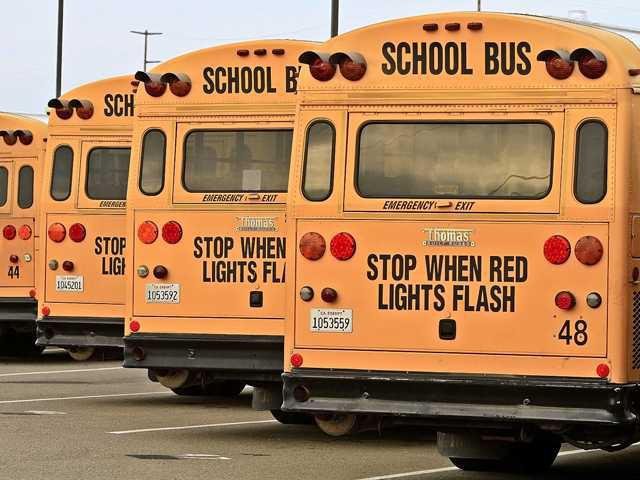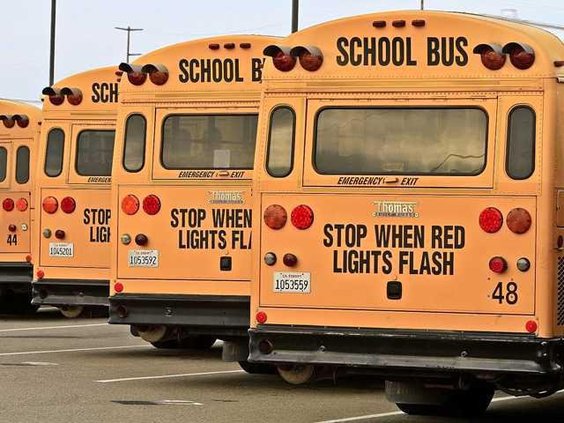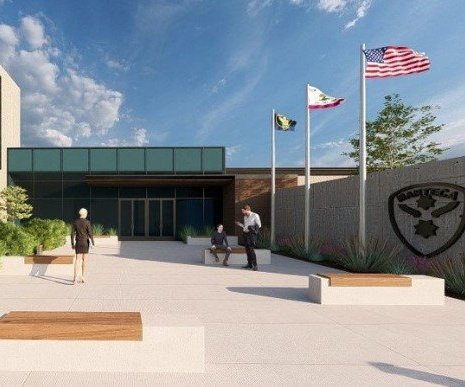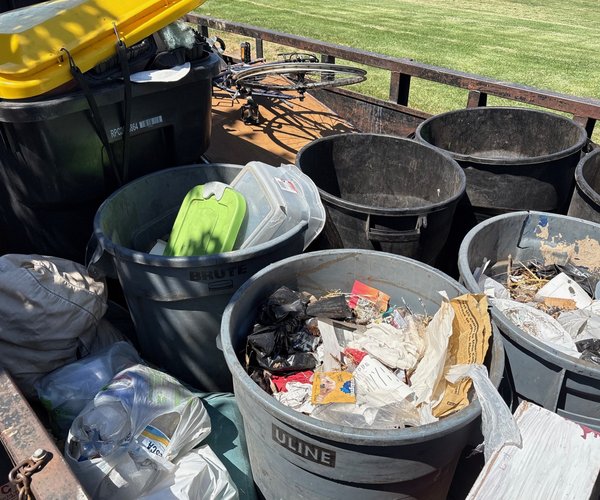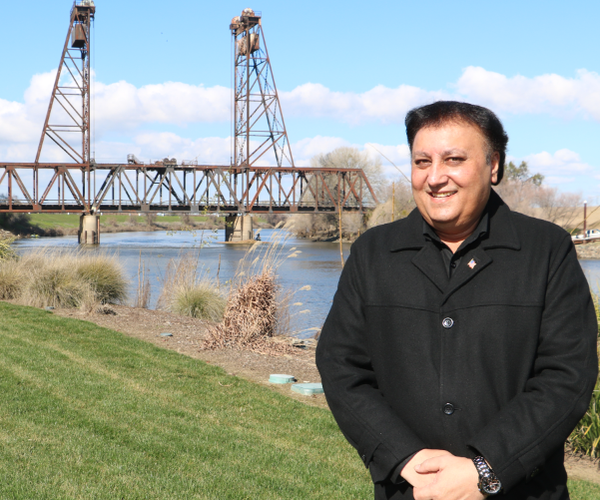Manteca Unified is developing a three-year plan to transition to state-mandated electric school buses.
In doing so, Superintendent Clark Burke stressed the district is “actively exploring ways to maximize the use of solar energy and battery storage systems “ to minimize dependence on PG&E.
The district has attainted the services of an energy consultant to identify more ways of reducing energy use and to explore options for expanding district solar energy generation.
The need to power electric busses is included in the study.
Busing costs are not reimbursed by the state.
That means bus service for special needs and homeless students as well as 1,200 other students comes out of funds the district receives every year to operate schools and pay for classroom instruction and support services.
Manteca Unified has a fleet of roughly 70 buses.
Based on 2018 prices, a typical 81-passenger school bus costs $158,949. A special needs bus can cost between $127,000 to $136,133 depending upon seating that ranges from 20 to 28 as well as wheelchair capacity.
Buses are driven up to 25,000 miles annually to and from school with accumulative miles coming in at 869,000 miles a year prior to the pandemic.
That’s the equivalent of driving from San Francisco to New York and back 149.7 times.
School buses typically have a life of 25 to 30 years.
The district has a history of investing in green energy when it makes financial sense.
Manteca Unified was among the first to use electric vehicles for district staff use.
They also were an early user of solar power that has helped the district avoid significant PG&E price increases during the past 10 years.
That, in turn, has freed up funding that would have had gone to electricity bills as the years unfolded. It was instead redirected to the classrooms and other student support expenses.
The California Air Resources Board is mandating transit systems such as Manteca Transit and San Joaquin Regional Transit to only buy zero-emission buses starting in 2029.
Based on CARB stats, by eventually replacing the 14,000 plus public transit now being used statewide would reduce nitrogen oxide emissions by 7,000 tons and particulate matter emissions by 40 tons.
To contact Dennis Wyatt, email dwyatt@mantecabulletin.com
